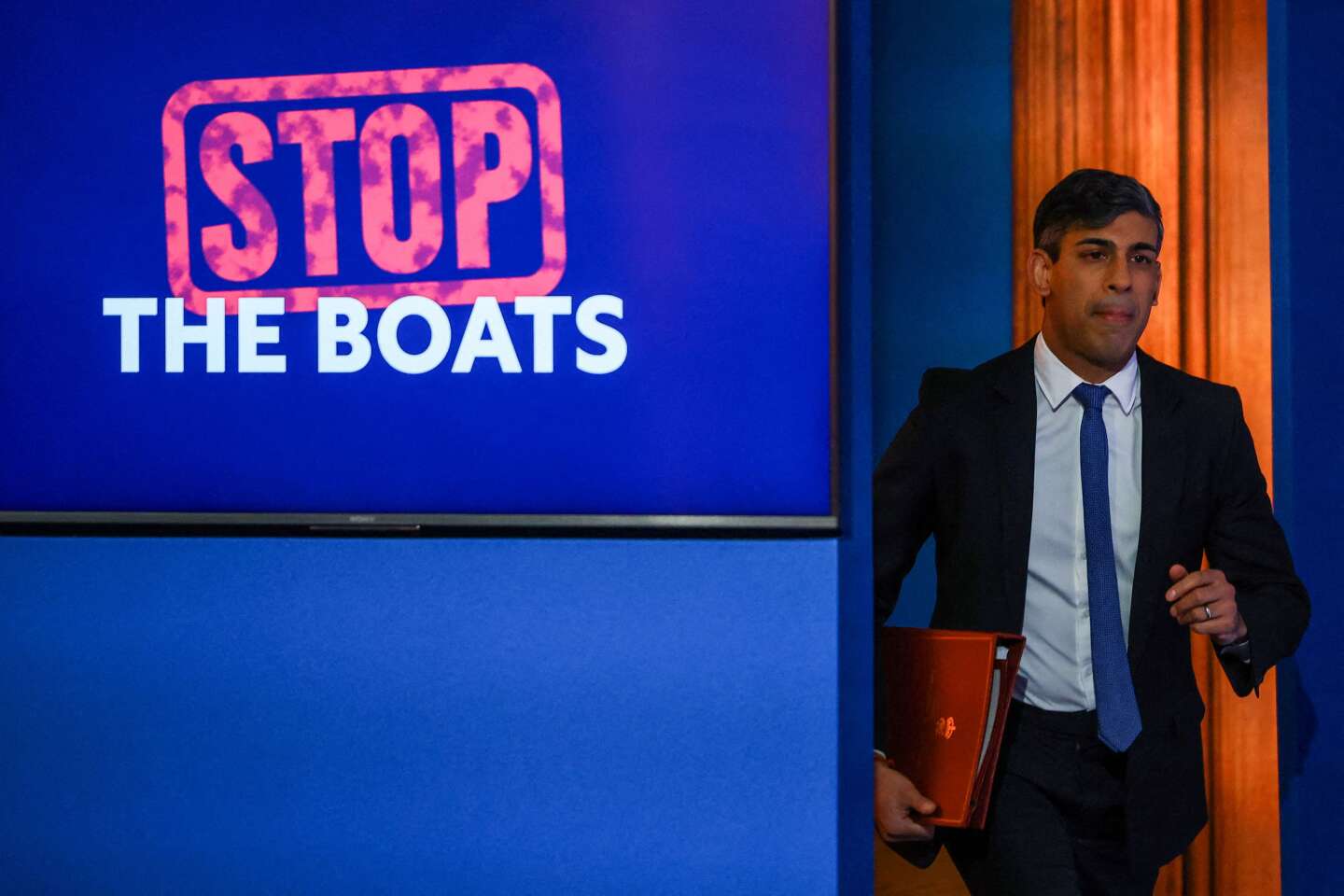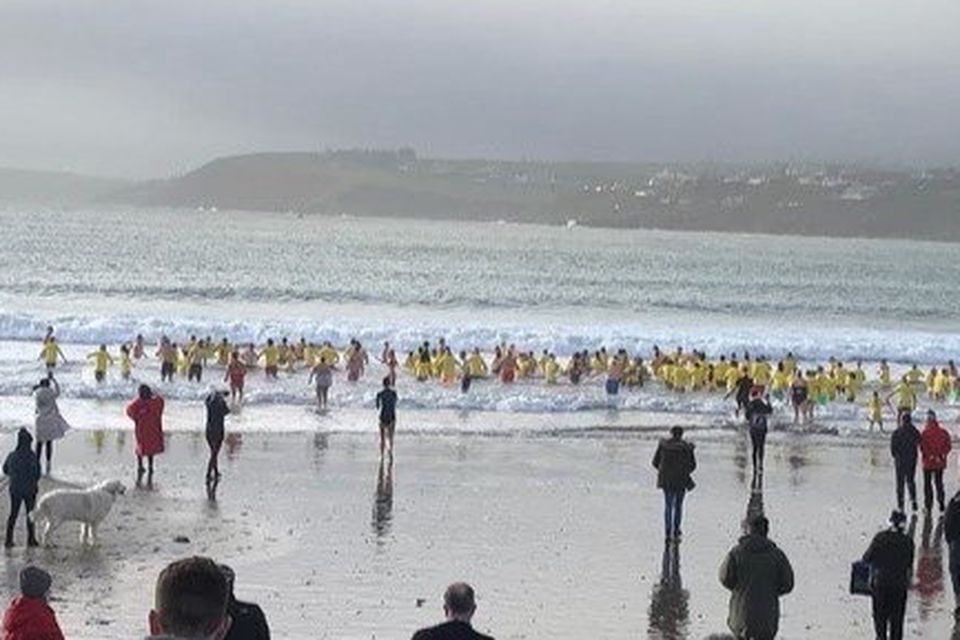Downing Street has identified the initial group of individuals to be dispatched to the African country; however, legal obstacles remain.
Number 10 announced that the initial deportation flight to Rwanda had been reserved, coinciding with the passage of Rishi Sunak’s contentious legislation on the same day.
Today, the Safety of Rwanda Bill, which designates Rwanda as a secure country for deporting asylum applicants, was granted royal assent, signifying that it has been ratified into law by an act of parliament.
Following last year’s landmark Supreme Court ruling that deemed the scheme “illegitimate” and required the transportation of individuals arriving on small boats to the East African nation, the prime minister formulated the measure to reinstate the program.
The Safety of Rwanda (Asylum and Immigration) Act 2024, as it is currently formally referred to, mandates that Rwanda be considered a secure nation “for the purpose of facilitating the relocation of individuals, including in UK courts and tribunals.”
The measure was successfully ratified in parliament earlier this week, following several obstacles and postponements. Home Secretary James Cleverly described the vote as a “crucial moment in our strategy to halt the boats.”
In anticipation of the bill’s approval, the prime minister guaranteed earlier this week that the inaugural flights would commence within a timeframe of ten to twelve weeks, regardless of the circumstances.
Furthermore, Downing Street announced today that the initial flight to Rwanda had been reserved and that the initial deportee group had been identified.
“Resources such as case workers and judicial spaces are currently being contracted,” a spokesperson said.
They added that the prime minister stated on Monday that we aim to have multiple flights departing every month beginning in the summer and beyond and that the initial group of passengers has been identified. We will do our best to ensure flights begin operating as soon as possible.
Today, the Lord Speaker informed the House of Lords that royal assent had been granted to the bill, which signifies the King’s approval for the bill to become an Act of Parliament and, by extension, law.
After weeks of opposing the scheme and attempting to convince ministers to amend the contentious legislation, peers ultimately yielded to their opposition and, by protocol, allowed the bill to pass.
Mr. Sunak stated at a news conference before the bill’s passage that the number of detention spaces had increased to 2,200 and that 200 caseworkers had been specially trained to expedite the claims processing procedure.
He added that approximately twenty-five courtrooms have been made available and that 150 justices will devote 5,000 sitting days.

Additionally, the prime minister stated that 500 “highly trained individuals are prepared to accompany unauthorised migrants all the way to Rwanda, with an additional 300 to be trained within the next week.”
While the royal assent facilitates the initiation of deportation flights, it does not preclude the possibility of additional impediments in the shape of legal disputes.
Already, activists have declared their intention to identify migrants who may be singled out for deportation and to file legal challenges; a dispute with the European Court of Human Rights (ECHR), which halted the inaugural flight in June 2022, is also a possibility.
Much of the opposition to the bill has been based on the fact that individual legal challenges are only permitted if a detainee faces a “real, imminent, and foreseeable risk of serious irreversible harm if removed to Rwanda” and the ministerial discretion it grants to disregard portions of domestic and international human rights law.
Additionally, UN experts on torture have cautioned airlines against “facilitating unlawful removals to Rwanda” by the accord reached with Kigali.
Experts say that airlines and aviation regulators could be complicit in violating internationally protected human rights and court orders by facilitating removals to Rwanda, even if the UK-Rwanda agreement and the ‘Safety of Rwanda’ Bill are approved.
They stated that it “would violate the right to be free from torture or other cruel, inhuman, or degrading treatment” to repatriate asylum-seekers to Rwanda or any other country where they would be at risk of refoulement. “Refoulement” refers to the practice of repatriating individuals to countries where they are persecuted.
The Liberal Democrats stated the measure was “doomed to fail” shortly after it received royal assent, criticizing the government for spending nearly £300 million on the initiative even though no one has yet been dispatched to Rwanda.
Alistair Carmichael, a spokesman for the party’s home affairs, stated: “Millions of people across the nation who are grappling with a cost of living crisis and enduring exorbitant GP waiting times will be further distressed by these figures.
Rishi Sunak ought to regain control of his situation and cease frivolously spending taxpayer funds on this calamitous policy.





